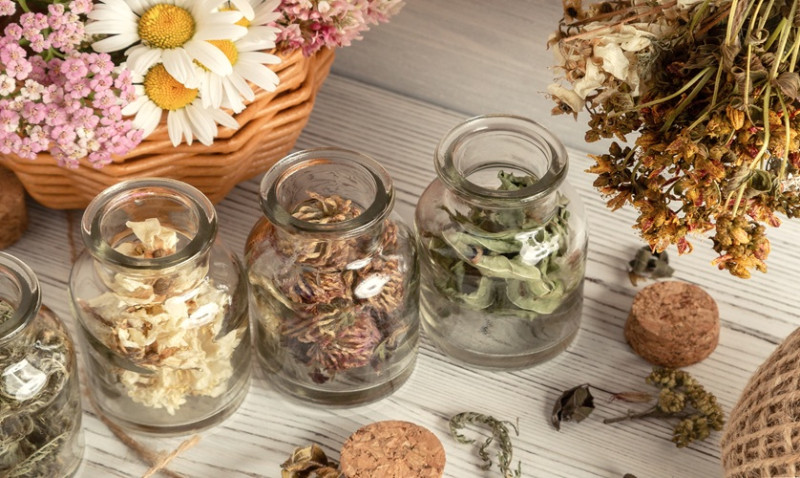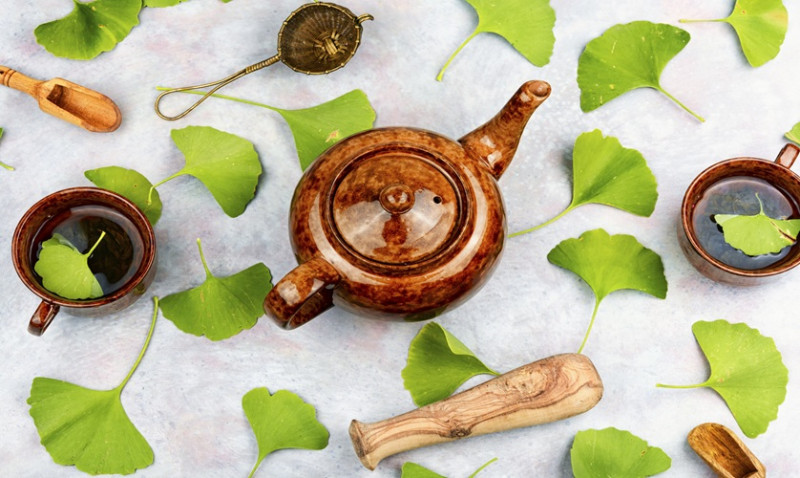
Homeopathy is a system of alternative medicine that’s been around for over 200 years. It’s based on the principle that “like cures like”—meaning a substance that causes symptoms in a healthy person can, in very small amounts, treat those same symptoms in someone who is unwell. Developed by German physician Samuel Hahnemann in the late 1700s, homeopathy has grown in popularity across Europe and particularly in the United Kingdom, where millions turn to it for a gentle and natural approach to health.
For DIY enthusiasts, young professionals juggling a busy lifestyle, architects immersed in designs, and even tradespeople working on projects that demand physical exertion, homeopathy presents a natural, non-invasive health option that fits seamlessly into modern routines. Whether it’s to ease stress, aid sleep, or manage everyday physical discomforts, homeopathic remedies offer a holistic alternative to conventional treatments.
Understanding the Core Principles of Homeopathy
At the heart of homeopathy is the concept of “like cures like.” This means if a substance causes symptoms in a healthy person, small doses of the same substance may stimulate the body’s natural healing mechanisms in someone who is sick. For example, chopping onions might make your eyes water and nose run—similar to hay fever. A homeopath might suggest Allium cepa (prepared from onions) as a remedy for hay fever with those particular symptoms.
Another core principle is the “minimum dose.” Homeopathic remedies are highly diluted, often to the point where the original substance is no longer chemically detectable. Despite the dilution, practitioners and many long-time users believe the remedies retain an energetic trace or essence of the original compound, which is what triggers the body’s self-healing response.
Finally, homeopathy is grounded in holistic care. This means practitioners consider your physical symptoms alongside emotional and mental wellbeing. When prescribing remedies, they look at your lifestyle, stress levels, emotional state and overall health—a refreshing change for many who feel unseen in traditional healthcare settings.
How Homeopathy Works in Practice
Homeopathy is used to manage a wide range of conditions—everything from allergies and digestive problems to anxiety and skin disorders. It’s not used to replace emergency medicine or complex cases that require hospitalisation, but it can be a useful support for chronic and lifestyle-related conditions, which many busy professionals and manual workers contend with.
The remedies are made from plants, minerals, or animals and are prepared through a process of serial dilution and succussion (vigorous shaking). This preparation method is intended to imprint the energetic essence of the original substance into the solution.
When visiting a qualified homeopath, you'll undergo a comprehensive consultation. Rather than just listing your symptoms, you’ll be asked about your sleep habits, how you respond to different environments, food preferences, emotional state, and more. This thorough Q&A helps the practitioner match a remedy to your overall profile, not just your physical issue.
Common Remedies and Their Uses
Whether you're designing interiors late at night, working long shifts on site, or managing the stresses of city life, there may be a remedy suited to your situation. Here's a helpful overview of common homeopathic remedies and their applications:
| Remedy | Common Use | Typical Symptoms Treated |
|---|---|---|
| Arnica montana | Muscle soreness and bruising | Aches after physical work, bruises, strain injuries |
| Nux vomica | Stress, overwork, and digestive issues | Hangovers, irritability, indigestion, urban lifestyle fatigue |
| Allium cepa | Hay fever and runny noses | Burning watery eyes, sneezing, nasal discharge |
| Rhus toxicodendron | Joint pain and stiffness | Ache that improves with movement, stiffness after rest |
| Ignatia amara | Emotional stress and grief | Mood swings, headaches from worry, emotional tension |
Always consult a registered homeopath or a qualified health practitioner before starting any form of treatment. Remedies can be found in most health shops across the UK or through trusted online apothecaries.
Is Homeopathy Safe?
Homeopathy is generally considered safe for all ages, including pregnant women, children, and people with chronic conditions, because the remedies are highly diluted. There’s no risk of toxicity, and when used appropriately, homeopathy doesn’t interfere with conventional medicine. This makes it an attractive wellness tool for tradesmen needing to be alert during physical work, designers seeking focus, and busy professionals avoiding side effects from pharmaceuticals.
However, it’s important to remember that self-diagnosis and treatment may not always be suitable. Where chronic symptoms are present or if ailments persist, it's best to seek advice from a healthcare provider.
In the UK, homeopathy is regulated through professional bodies such as the Society of Homeopaths or the Faculty of Homeopathy. When choosing a practitioner, look for accreditation or registration with respected organizations.
Does Homeopathy Really Work?
This is one of the most controversial aspects of homeopathy. Scientific opinion is split—some argue that there's no measurable active ingredient in remedies and believe the benefits are due to the placebo effect. Others report anecdotal evidence and positive personal outcomes, often after conventional methods failed to provide relief.
The UK's National Health Service (NHS) has limited homeopathy services due to a lack of large-scale clinical evidence. Despite this, it remains popular, with many Brits using it alongside conventional treatments. For DIYers and design professionals open to holistic wellness tools, the low risk and potential benefit make homeopathy worth exploring.
How to Get Started with Homeopathy
If you’re thinking about exploring homeopathy, begin by identifying a qualified practitioner near you. Many now offer virtual consultations, which are ideal if you're working from home or on the move. Look for someone who takes the time to understand you and your symptoms thoroughly.
You can also experiment with basic homeopathic kits that include general-use remedies for first aid, colds, sleep, and digestion. Leading UK suppliers include Ainsworths and Helios Homeopathy, both of which have online stores with practitioner-backed advice.
For busy creatives, tradespeople and professionals, adding homeopathy to your wellness toolkit can offer balance in a fast-paced life. Whether you're managing stress, dealing with repetitive strain, or seeking emotional support, it’s a natural option with a long-standing tradition in the UK.
Final Thoughts
Homeopathy offers a unique blend of tradition, holistic thinking, and natural healing. It may not replace traditional medicine, but for many in the UK—from tradesmen to designers—it adds a layer of gentle, personalised care that fits into modern lifestyles. Whether you're curious about natural health, looking for non-toxic solutions, or exploring complementary therapies, homeopathy offers a compelling, accessible avenue worth considering.
If you're redecorating your home, building a loft extension, or planning your next creative project—why not explore homeopathy as part of your self-care routine? It just might be the boost you need to feel and perform your best.



